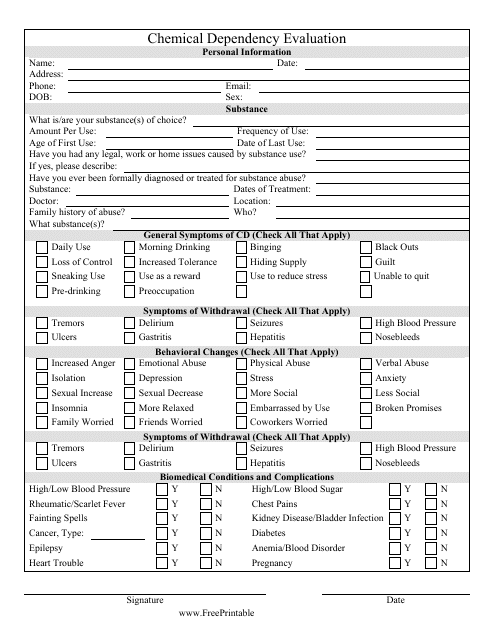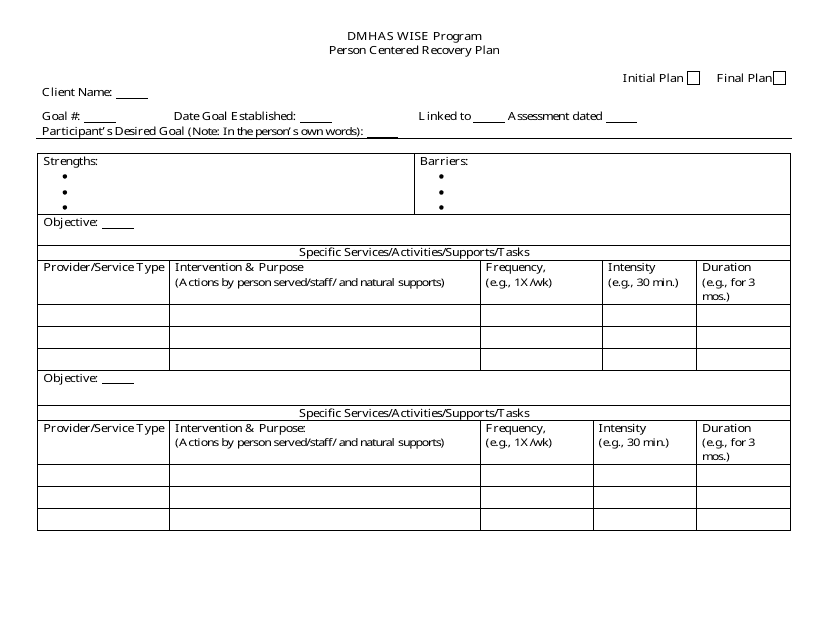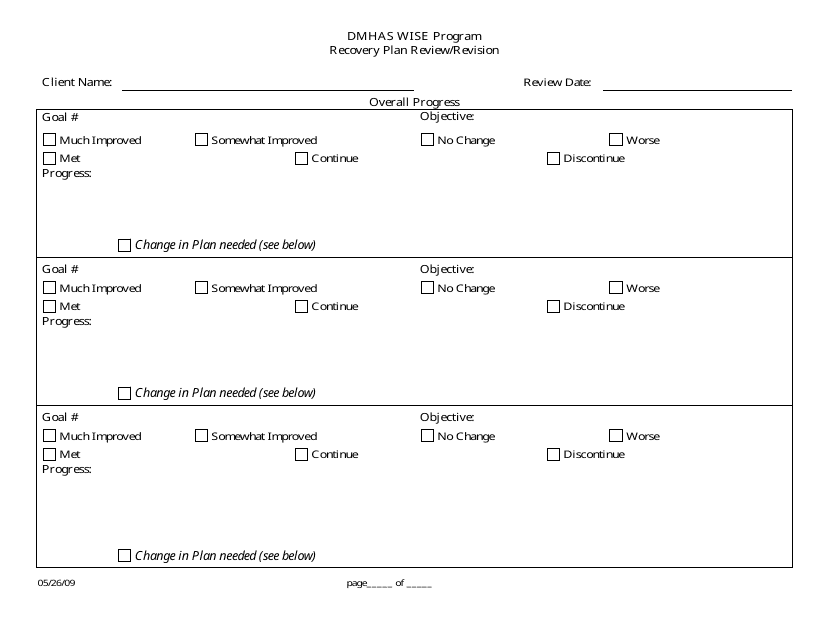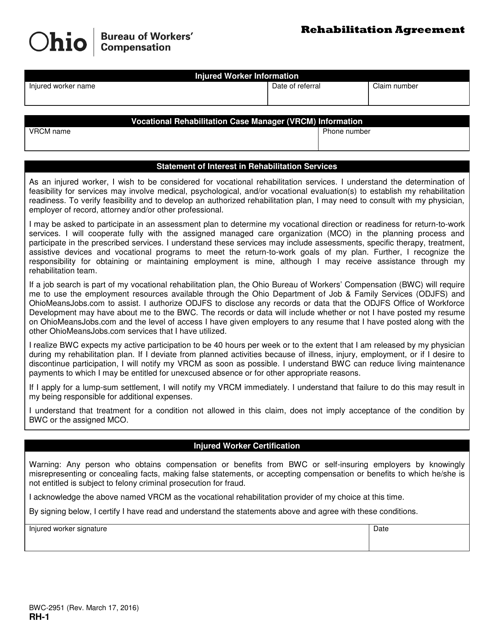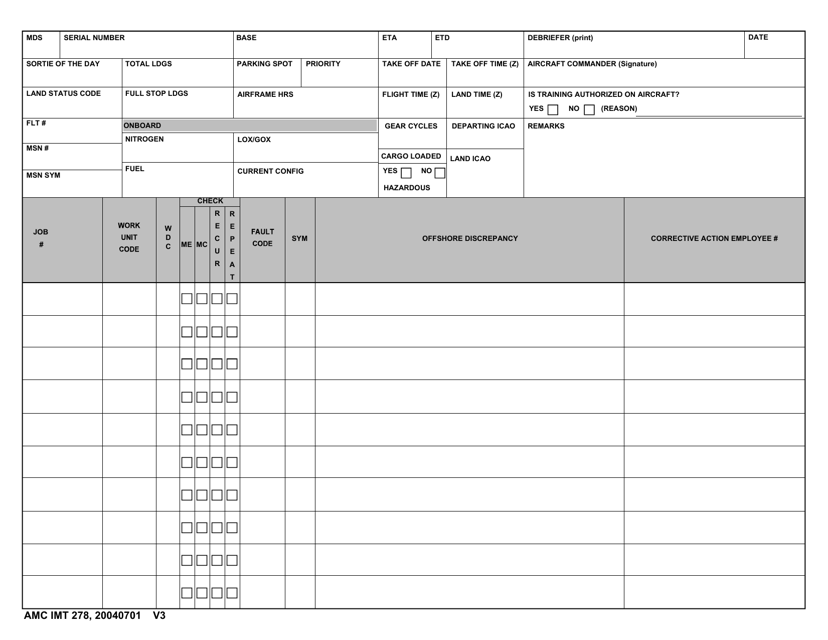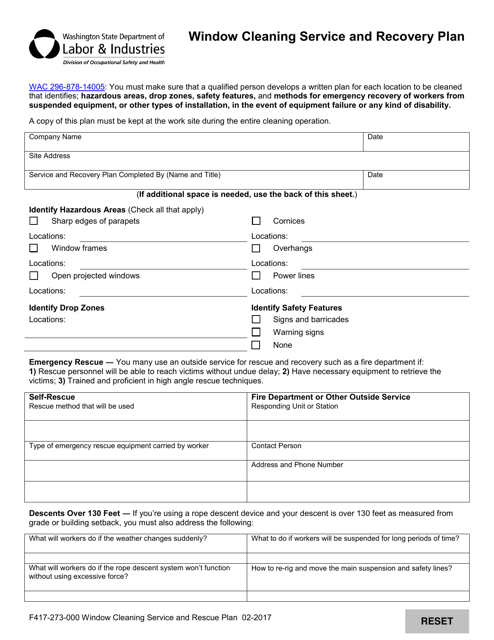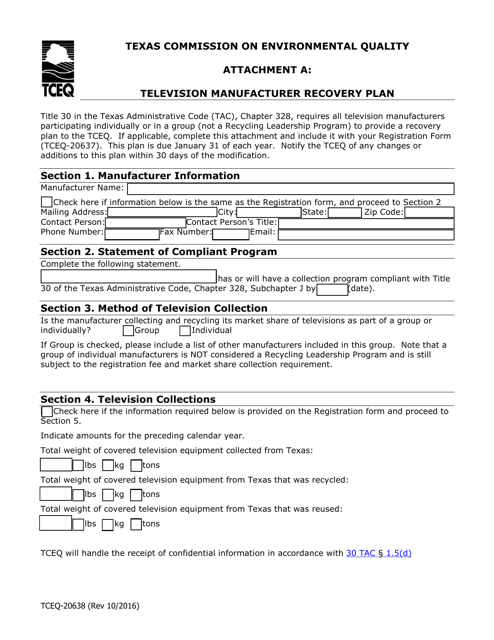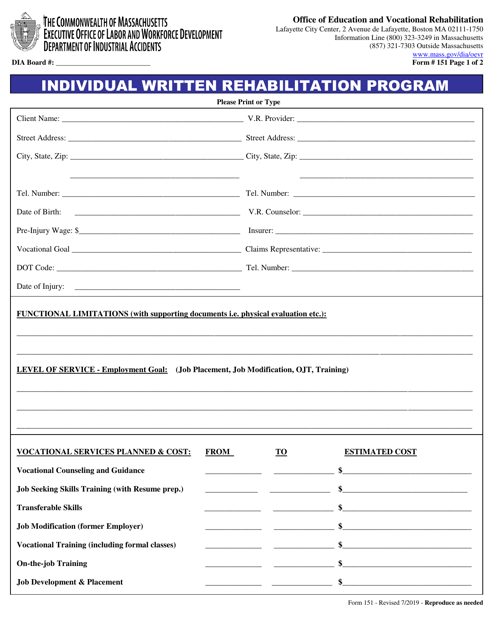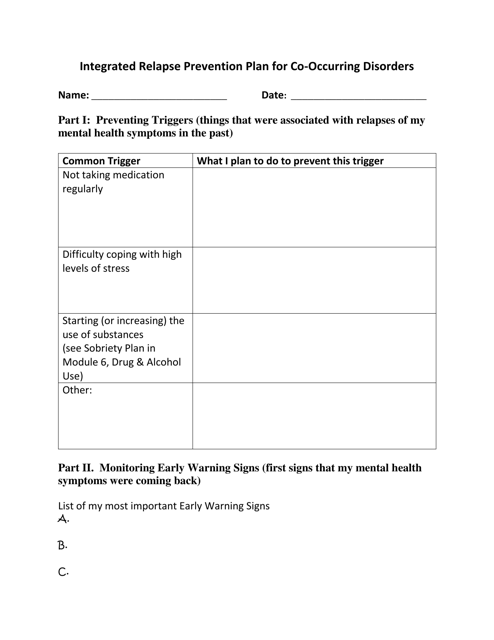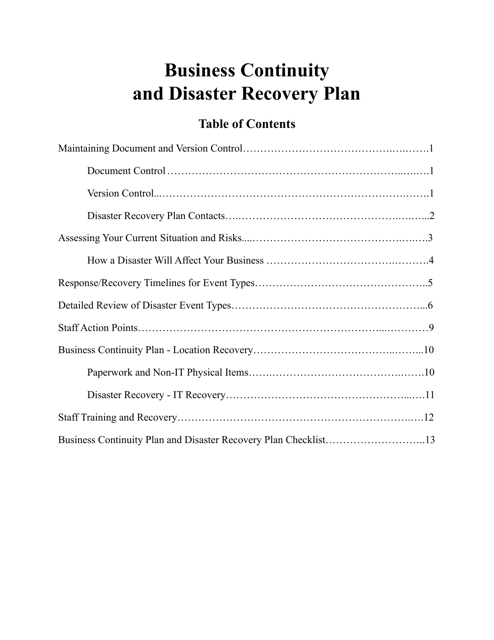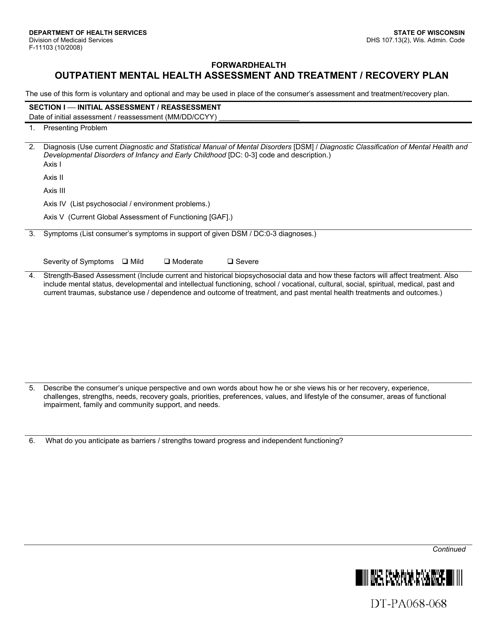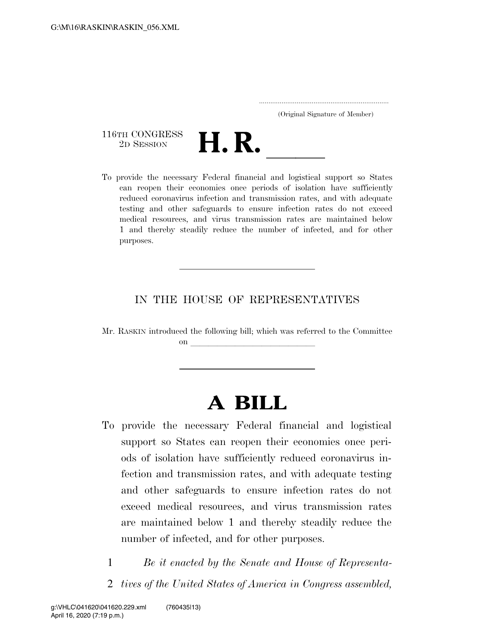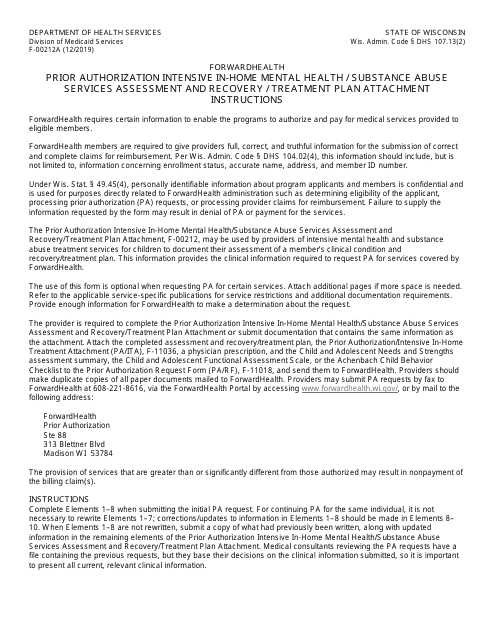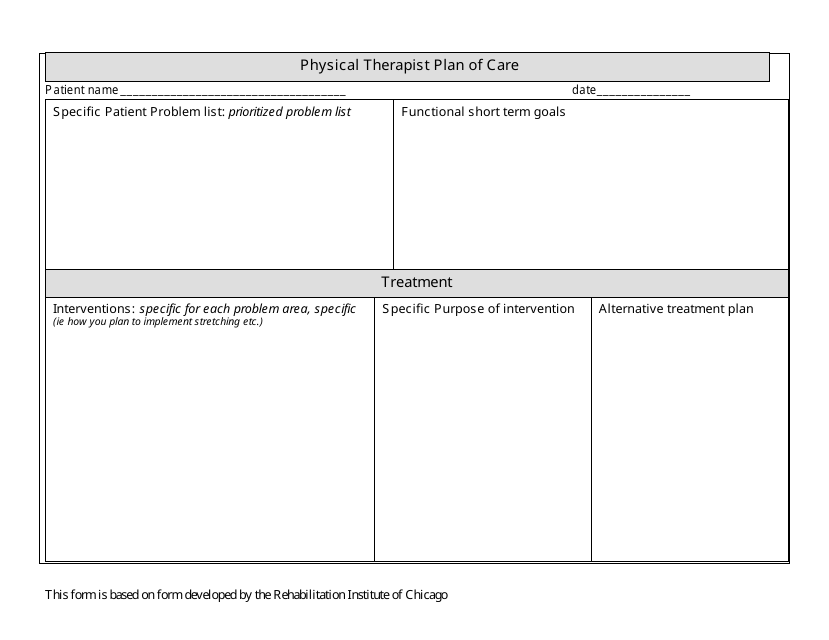Recovery Plan Templates
A recovery plan is a crucial framework designed to guide individuals, businesses, or organizations in bouncing back from unexpected setbacks and achieving a full recovery. Whether it is a rehabilitation agreement, a mental health assessment and treatment plan, or a comprehensive debriefing and recovery plan, these documents play a vital role in outlining the necessary steps and strategies for moving forward.
Also referred to as a recovery strategy or recovery roadmap, a recovery plan serves as a blueprint for resilience and restoration. It serves as a comprehensive document that outlines the specific measures and actions needed to be taken to recover from various challenges or crises. These plans are developed with a clear understanding of the unique circumstances and requirements of a particular situation or entity.
A recovery plan is not limited to just individual or personal recovery, but can also be applied at a broader level, such as within a community, a state, or even a country. For instance, the Reopen America Act of 2020 is an example of a legislative recovery plan that aims to guide the nation towards a post-pandemic recovery by implementing strategic measures and policies.
These recovery plans are often developed with the input and collaboration of various stakeholders, including government agencies, experts, and affected individuals. By considering different perspectives and incorporating diverse strategies, a recovery plan can be more effective in ensuring a smooth and successful recovery.
In summary, whether it is a rehabilitation agreement, a mental health treatment plan, or a legislative roadmap, a recovery plan serves as an essential tool for navigating through challenging times and propelling towards a brighter future. Through careful analysis, strategic planning, and effective implementation, these plans aim to restore and strengthen individuals, businesses, and communities.
Documents:
14
This Form is used for evaluating a person's level of chemical dependency or addiction. It assists in assessing the severity of the problem and determining appropriate treatment options.
This document is for creating a person-centered recovery plan as part of the DMHAS WISE Program in Connecticut. The plan focuses on providing individualized support and resources to help individuals on their path to recovery from mental health and substance abuse challenges.
This form is used for reviewing and revising recovery plans in the state of Connecticut.
This document is used for creating a rehabilitation agreement in Ohio. It is a form that outlines the terms and conditions for the rehabilitation process.
This form is used for window cleaning service providers in Washington to create a recovery plan. It ensures proper safety measures are in place during window cleaning operations.
This document is a form used for the attachment A of the Television Manufacturer Recovery Plan in Texas.
This type of document is an integrated relapse prevention plan for individuals with co-occurring disorders in the state of Minnesota. It includes strategies and resources to help prevent relapse and maintain recovery for individuals with mental health and substance use disorders.
This plan acts as the internal strategy of a business that contains measures the company will take to continue its regular operations in the event of a major disruption.
This form is used for assessing and creating a treatment plan for outpatient mental health services in Wisconsin.
This type of document is the Reopen America Act of 2020, proposed by Jamie Raskin from Maryland. It contains legislation aimed at reopening businesses and activities in the United States amidst the COVID-19 pandemic.
This Form is used for prior authorization of intensive in-home mental health/substance abuse services assessment and recovery/treatment plan attachment in the state of Wisconsin. It provides instructions for completing the form.
This document outlines the personalized treatment plan formulated by a physical therapist from the Rehabilitation Institute of Chicago. It includes therapeutic objectives, treatment methods, and progress tracking for patients undergoing rehabilitation.

